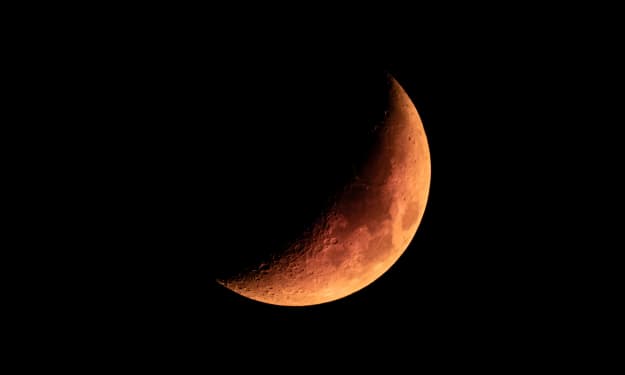
In recent years, there has been a growing debate over the next destination for human spaceflight: the Moon or Mars. While both destinations have their own unique advantages and challenges, proponents of each have strong arguments for why their choice is the superior option.
Advocates for returning to the Moon point to its relative proximity to Earth, which makes it easier and less expensive to reach compared to Mars. The Moon is also rich in resources, including water ice that can potentially be used for fuel and life support systems, as well as valuable minerals like helium-3, which could be used in nuclear fusion reactors to generate clean energy.
Furthermore, the Moon serves as a natural laboratory for studying the formation and evolution of our solar system. The lunar surface is littered with impact craters, some of which contain materials that have been relatively unchanged since the early days of the solar system. By studying these materials, scientists can gain insight into the processes that formed the planets and the conditions that existed in the early solar system.
Proponents of a Mars mission, on the other hand, argue that the Red Planet offers unique opportunities for scientific exploration and potential colonization. Mars has a thicker atmosphere than the Moon, which offers some protection from solar radiation and makes it more hospitable for human settlement. The planet also has a more complex geology, with evidence of past water and possibly even microbial life.
In addition, a mission to Mars would provide valuable knowledge and experience in long-duration spaceflight, which is critical for eventual human exploration of the outer planets and beyond. Mars also presents opportunities for developing new technologies and techniques for supporting life in harsh environments, which could have applications on Earth as well.
Despite the strengths of both arguments, there are also valid criticisms to be made. For example, some argue that the resources on the Moon may not be worth the cost of establishing a permanent human presence, especially given the relatively small amount of helium-3 that exists there. Others point out that while Mars may be more hospitable than the Moon, it is still a harsh and dangerous environment that would present significant challenges for any human mission.
There are also concerns about the cost and feasibility of both missions. A mission to the Moon would require significant investment in infrastructure, including the development of a lunar lander and other necessary technologies. A mission to Mars, on the other hand, would require even more resources and would likely be a multi-year endeavor.
Ultimately, the decision of whether to focus on the Moon or Mars as the next destination for human spaceflight will depend on a variety of factors, including scientific objectives, technological capabilities, and political will. Both destinations offer unique opportunities for exploration and discovery, as well as significant challenges that will require innovation and collaboration to overcome.
One possible solution to this debate is to pursue both missions simultaneously, with each providing valuable knowledge and experience that can inform the other. For example, a lunar mission could test technologies and systems that would be necessary for a Mars mission, while a Mars mission could provide insight into how to support a long-duration human presence in space.
Regardless of the final decision, it is clear that human spaceflight will continue to push the boundaries of what is possible and inspire generations to come. The debate over the next destination for human exploration serves as a reminder of the incredible potential that lies beyond our planet, and the challenges and opportunities that await us as we venture forth into the cosmos.
About the Creator
Hanaff Jr
Just Writer...






Comments
There are no comments for this story
Be the first to respond and start the conversation.